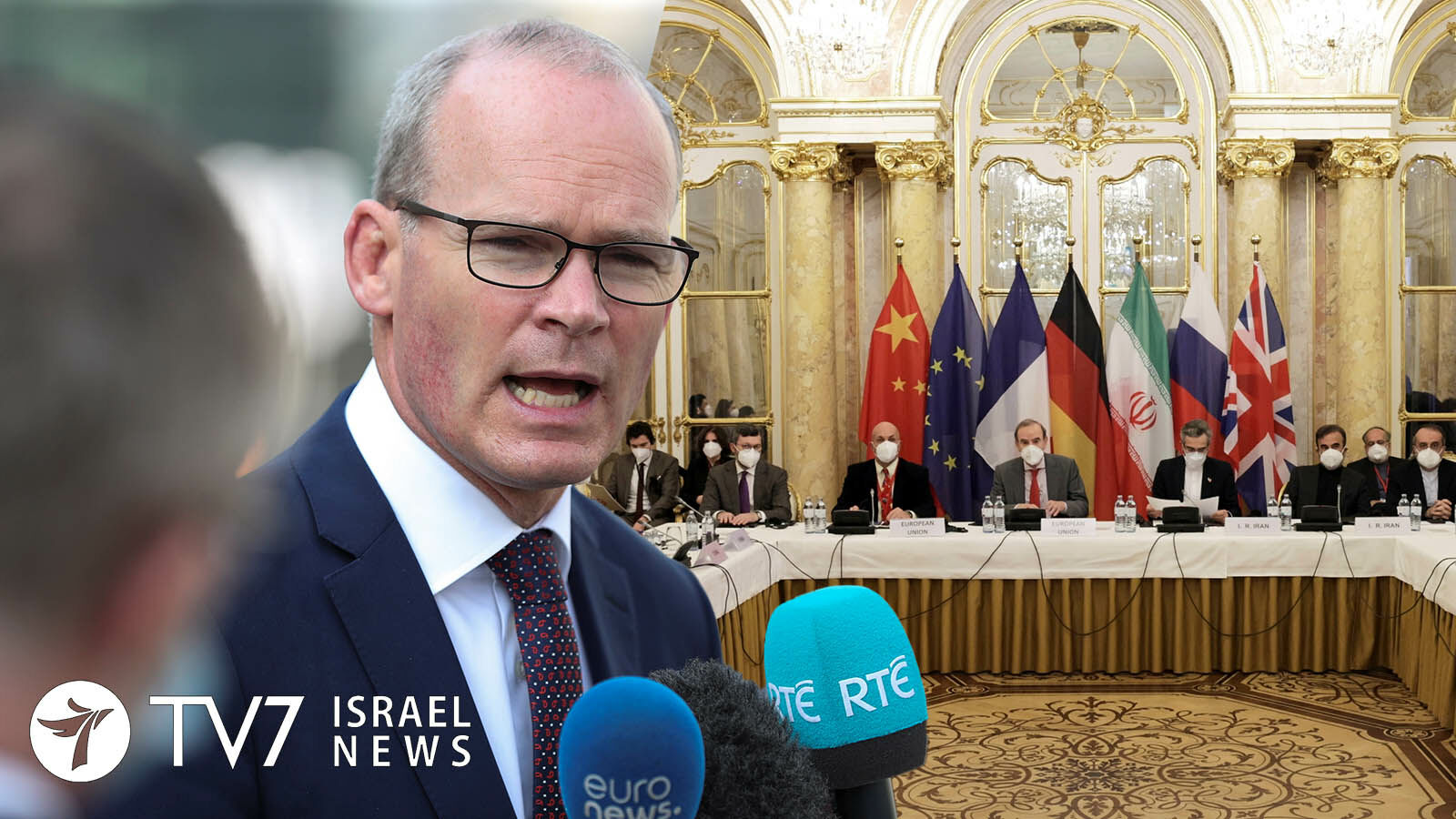The world body’s facilitator of the Joint Comprehensive Plan of Action joins Western leaders in warning that time is running out to revive the deal.
By Erin Viner
“This really needs to be done very soon for it to succeed,” cautioned Irish Foreign Minister Simon Coveney, who is the United Nations Security Council facilitator of the 2015 nuclear deal between Iran and major world powers.
In an address to Dublin’s Institute of International and European Affairs think tank, Ireland’s top diplomat added, “Otherwise, I think we will simply have missed the sweet spot for agreement … and that would be a tragedy really.”
Iran raised the stakes in nuclear talks with world powers in Vienna yesterday, demanding that the United States drop its “unacceptable proposals.”
The talks have been mired in uncertainty since Russian Foreign Minister Sergei Lavrov stated that Western sanctions over Ukraine have become a stumbling block for any prospective nuclear deal.
“We want an answer – a very clear answer – we need a guarantee that these sanctions will not in any way touch the regime of trade-economic and investment relations (with Iran) which is laid down in the Joint Comprehensive Plan of Action,” said the Russian Foreign Minister, stating that his nation wants “a written guarantee” that the “current process triggered by the United States does not in any way damage our right to free and full trade, economic and investment cooperation and military-technical cooperation with the Islamic Republic.”
Moscow and Tehran’s new demands come just as 11 months of indirect talks between Tehran and Washington appeared to be headed for an imminent agreement.
US Secretary of State Antony Blinken sought to downplay the emergence of such obstacles earlier this week, saying that the punitive economic measures imposed on Russia over Ukraine had nothing to do with a potential agreement with Iran.
“These things are totally different and just are not, in any way, linked together. So, I think that’s irrelevant,” Washington’s top diplomat said in an interview with CBS’s “Face the Nation” show. While expressing belief that a possible deal with Iran was close, he went on to caution that several very challenging remaining issues remain unresolved.
Iranian chief negotiator Ali Bagheri Kani held talks with the European Union coordinator of the talks Enrique Mora on Wednesday, after returning to the Austrian capital following consultations in Tehran. Mora had broken off informal meetings on Monday – saying the time had come for political decisions to be taken to end the negotiations.
The Islamic Republic’s Ayatollah regime now appears to be further hardening its stance.
After months of remaining silent in the negotiations, Supreme Leader Ayatollah Ali Khamenei was cited by Tasnim news agency as saying Iran would not be naive and bow to pressure to reduce its defensive power, regional presence and progress in nuclear technology.
“Regional presence gives us strategic depth and more power. Why should we give it up? Scientific progress in the nuclear field is related to our future needs, and if we give that up, will anyone help us in the future?” he asked rhetorically.
Khamenei’s top security official Ali Shamkhani, Secretary of Iran’s Supreme National Security Council, issued an accusation on Twitter that Washington’s failure to make necessary decisions has complicated the Vienna Talks.
Four Western diplomats speaking to Reuters maintain that the broad outline of a deal had been finalized and that there were only minor adjustments to be made, insisting that Russia is now the main obstacle.
The JCPOA, aimed at curbing Iranian nuclear development, was reached under the administration of former US President Barack Obama. The deal abandoned three years later by his successor, Republican Donald Trump, who thought it too weak to prevent clandestine Iranian production of nuclear weapons. Following the US withdrawal, the Islamic Republic openly violated atomic restrictions. While the administration of current Democratic President Joe Biden has been working to bring both the US and Iran back into compliance with the deal, Israeli and Western leaders have repeatedly warned that hat the pace of Tehran’s nuclear advances will soon render any new deal obsolete before it can even be implemented.
Iran’s demands that the US provide guarantees it will again abandon a nuclear deal were further bolstered on Wednesday, when former US Vice President Mike Pence, who served in the Trump Administration, said on Wednesday that the Republican party would “rip up any new Iran Nuclear Deal on Day One” if re-elected.
